One of the major parts of divorce for Pennsylvania residents is figuring out who pays child support and how much should be paid. Child support is defined as financial assistance, paid by the non-custodial parent, for the purpose of helping to pay for the expenses incurred while raising a child. These include costs for food, clothing and shelter, education expenses, health insurance and medical expenses, child care and extracurricular activities, among others.
The Pennsylvania Support Guidelines are used to calculate the amount of child support to be paid. While it is a somewhat complicated formula, the basic gist is that child support is determined by each parent’s income, the cost of basic expenses and health insurance, the cost of day care expenses and other enumerated factors. Child support decisions are made by Pennsylvania judges on a case by case basis. In the case that custody is granted to neither of the parents, both parents may be requested to pay child support to the child’s primary caregiver.
Child support must be paid until the child reaches 18. If the child graduates from high school before then, it may be stopped earlier. In special circumstances such as disability or other physical or emotional challenges, child support may be required to continue past the age of 18.
Many parents going through a divorce are able to come to an agreement on the amount, frequency and duration of child support agreements without having to have a court make that decision for them. In such cases, though, the agreement will require court approval and will be part of the divorce decree. It is advisable in such an instance for each parent to have independent legal counsel review the agreement.
Source: The Unified Judicial System of Pennsylvania, “Review of the Pennsylvania Child Support Guidelines “, September 10, 2014


